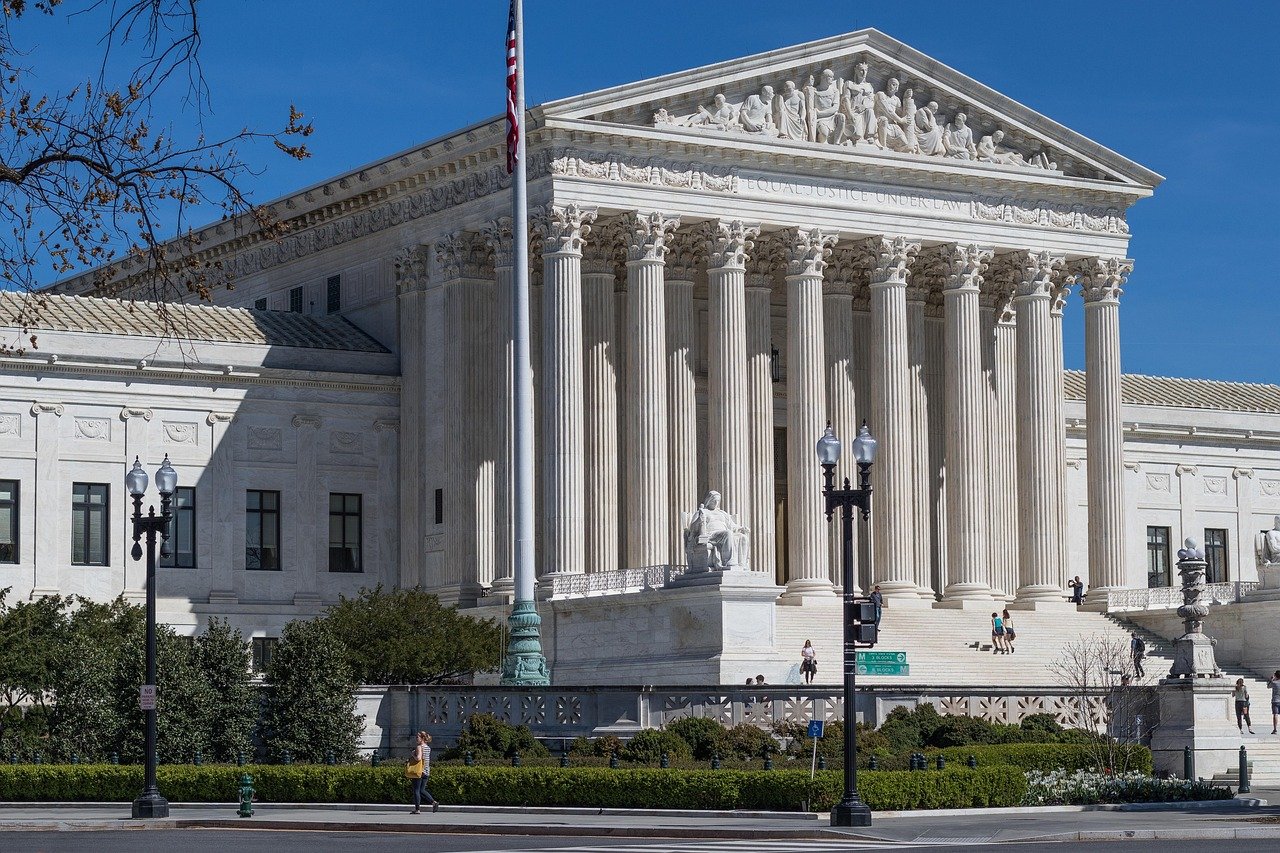In a recent announcement, former President Donald Trump has promised to issue an executive order aimed at reducing the cost of medications should he return to office. This move is likely to garner significant attention from both supporters and critics at a time when drug prices are a major concern for many Americans.
During his presidency, Trump attempted various initiatives designed to tackle the high costs of prescription drugs, including more transparency in pricing and efforts to eliminate “middlemen” in the pharmaceutical industry. His new promise suggests a continuation and possibly an expansion of these efforts.
The specifics of the proposed executive order have not been fully detailed, but it is expected to focus on negotiations for drug prices, especially for Medicare recipients. Trump has long criticized the inability of Medicare to negotiate directly with drug manufacturers which, according to him, leads to unnecessarily high costs borne by consumers.
The proposal might also include provisions similar to those in previous initiatives like the favored nations clause, which aimed at ensuring that the United States would not pay more for prescription drugs than the lowest price paid by other developed nations. However, such measures faced significant opposition from pharmaceutical companies and were challenged in court.
Healthcare experts are divided on the potential impact of Trump’s proposed executive order. Some believe that aggressive negotiation and regulatory measures could indeed lower costs significantly. Others caution that without careful implementation, such measures could disrupt the pharmaceutical industry’s ability to innovate and develop new treatments.
Patients and advocacy groups have expressed cautious optimism about Trump’s announcement. High medication costs have long been a barrier to healthcare access in the United States, forcing some patients to ration their doses or forego treatment altogether. Any action that might alleviate this pressure is generally welcomed by these groups.
However, political analysts point out that any executive action on drug prices will face substantial challenges both legally and politically. The pharmaceutical industry holds considerable influence in Washington D.C., and past efforts at reforming drug pricing have encountered intense lobbying against them.
As Americans continue to grapple with rising healthcare costs amidst ongoing economic uncertainties, the issue of drug pricing remains a pivotal topic in U.S. politics. Trump’s promise adds another layer of interest as voters consider their options leading up to future elections.
In conclusion, while details remain vague at this stage, Trump’s promise highlights ongoing concerns about medication affordability in America. Whether his plan will lead to meaningful cost reductions depends on its specifics and how it is implemented amidst expected opposition from various stakeholders.
<div style="padding-bottom: 56.25%;position: relative;"><iframe src="" style=" position: absolute;top: 0;left: 0;width: 100%;height: 100%; background: transparent !important;
box-shadow: none !important;" frameborder="0" allow="autoplay; fullscreen" allowfullscreen></iframe></div>



















